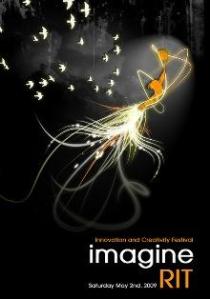In an eye-opening video clip available though Annenberg Learner, we see Harvard graduates unable to complete to complete a simple experiment taught in third-grade: how to light a lightbulb with a wire. A one-hour video from the same series (“From Thin Air”) shows the Harvard graduates unable to explain basic concepts about plant growth, and then goes on to investigate the sources of common misconceptions that prevent learning from elementary school on.
Misconceptions arise when students are confronted with scientific concepts that are counterintuitive. For example, many students never truly grasp the idea that the weight of a tree is mostly carbon absorbed from CO2. They have heard teachers explain photosynthesis but since they don’t believe that air has weight, they consistently assume the weight in a tree trunk must come from the water, or soil or minerals…something that has weight. Show them dry ice; a form of CO2 that clearly has weight and they are very surprised! This is an example of a discrepant event.
According to Binghamton University Professor Thomas O’Brien, experiencing a discrepant event, with its surprising, counterintuitive outcome “creates cognitive disequilibrium that temporarily throws learners mentally off-balance”. In his book, Brain-Powered Science: Teaching and Learning with Discrepant Events” (NSTA Press, 2010), O’Brien describes 33 hands-on activities that can lead students and teachers to question their implicit assumptions.
Effective inquiry teaching begins by finding out what students already know, including their misconceptions, and then guiding them to questions their assumptions and discover new knowledge for themselves.
As we all know too well, what typically happens in the classroom is that teachers “cover material” and students try to memorize as much as they can. Even hands-on labs often do not challenge students to solve problems and question assumptions. Some students are very good at memorizing and repeating information (the Harvard graduates in the video clip, for example) and others fail miserably, but neither is really developing a deep understanding of concepts, or learning science. Research shows that more is not better, when it comes to exposing students volumes of detailed information through lectures or textbooks. The brain learns through making connections to prior knowledge, so dispelling misconception is an essential prerequisite for new learning.
See Dr. O’Brian’s keynote address: Misconceptions Matter: Where Do They Come From? Where Do They Go? at the Central Western Section STANYS Winter Workshop at Nazareth College, Feb. 9, 2012




 Posted by Sara
Posted by Sara 